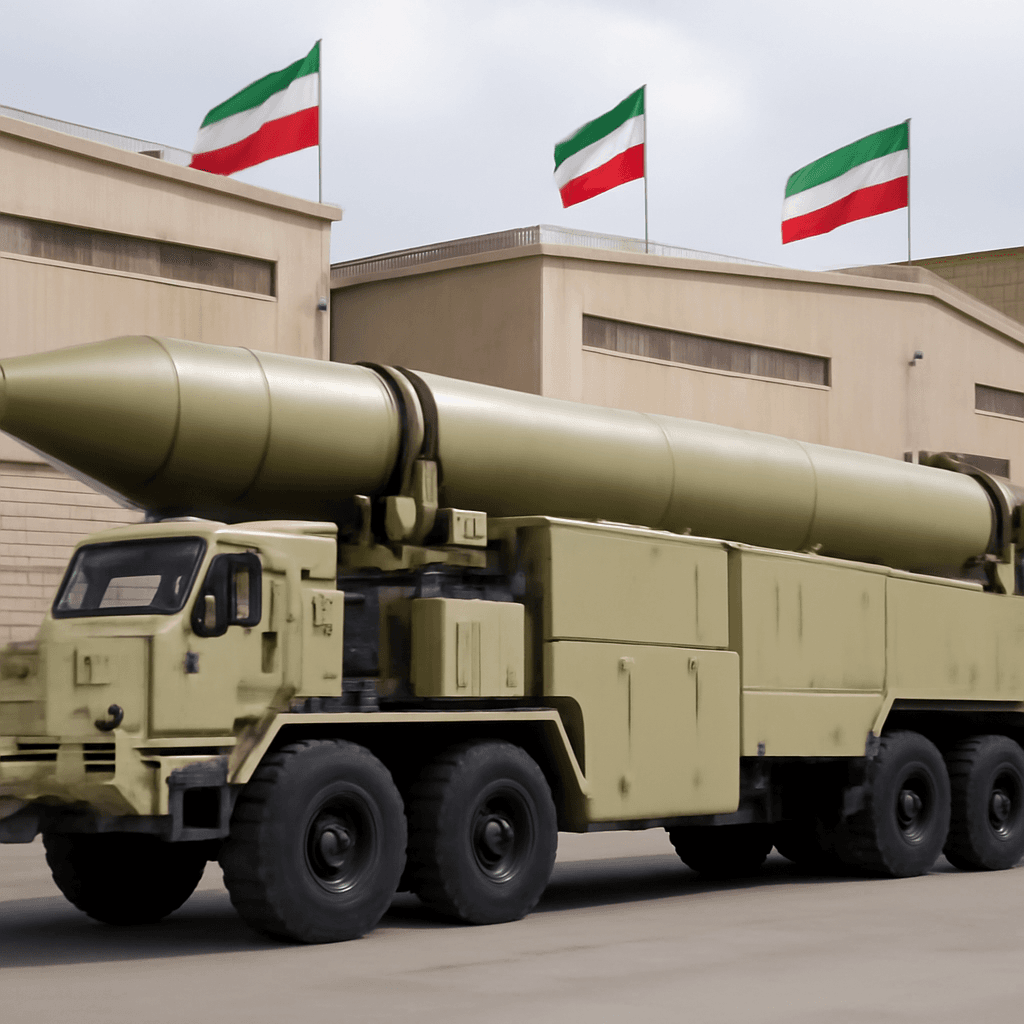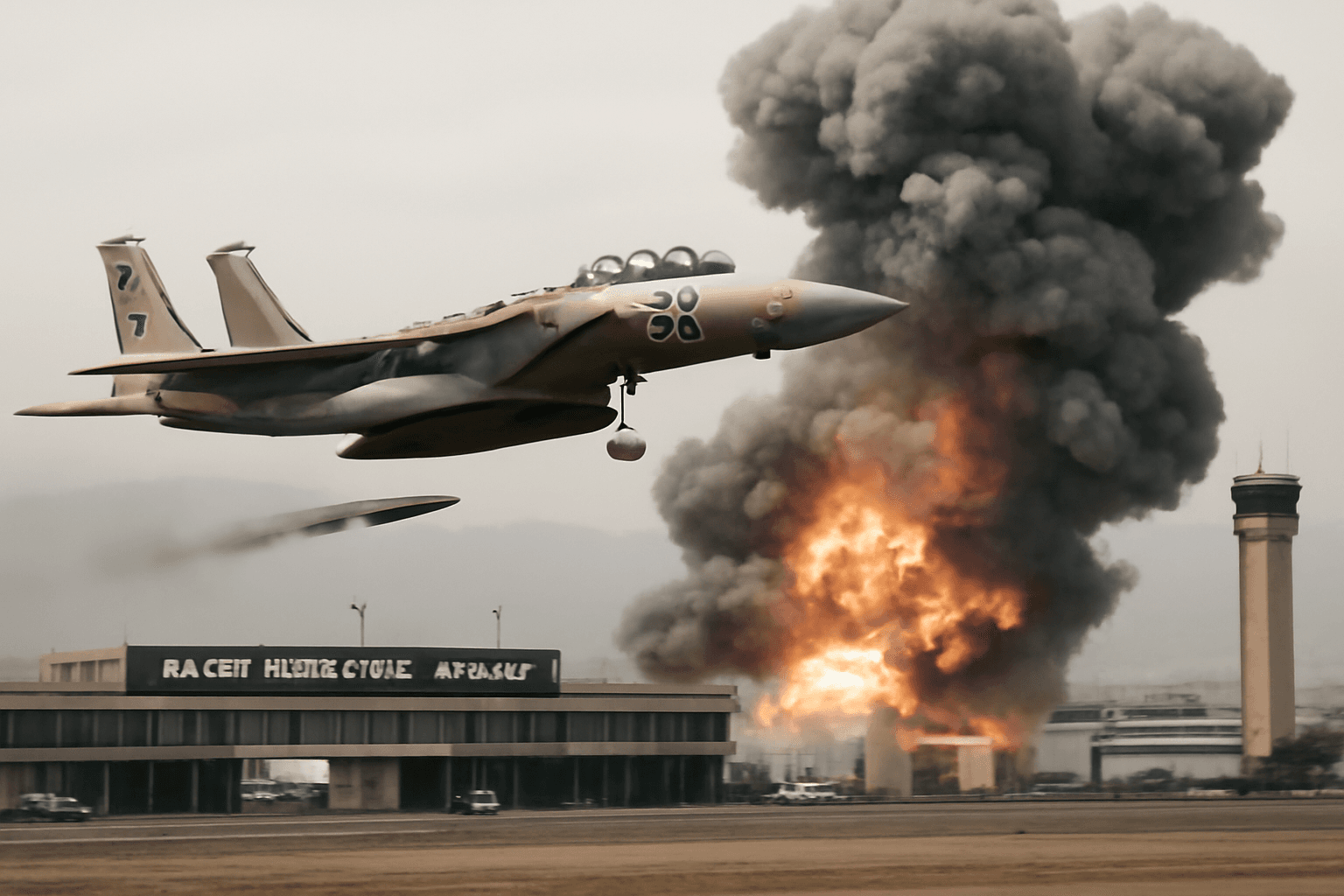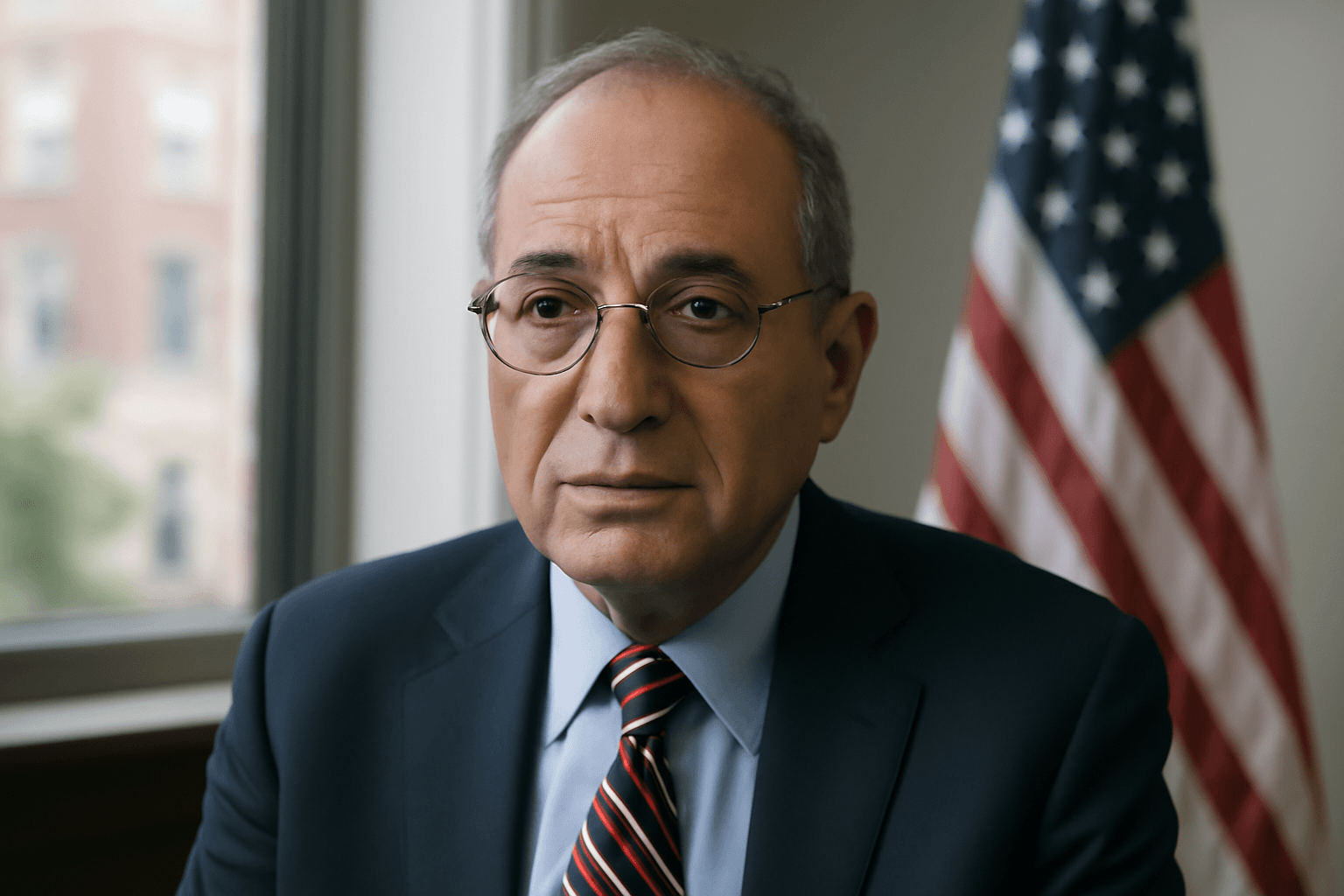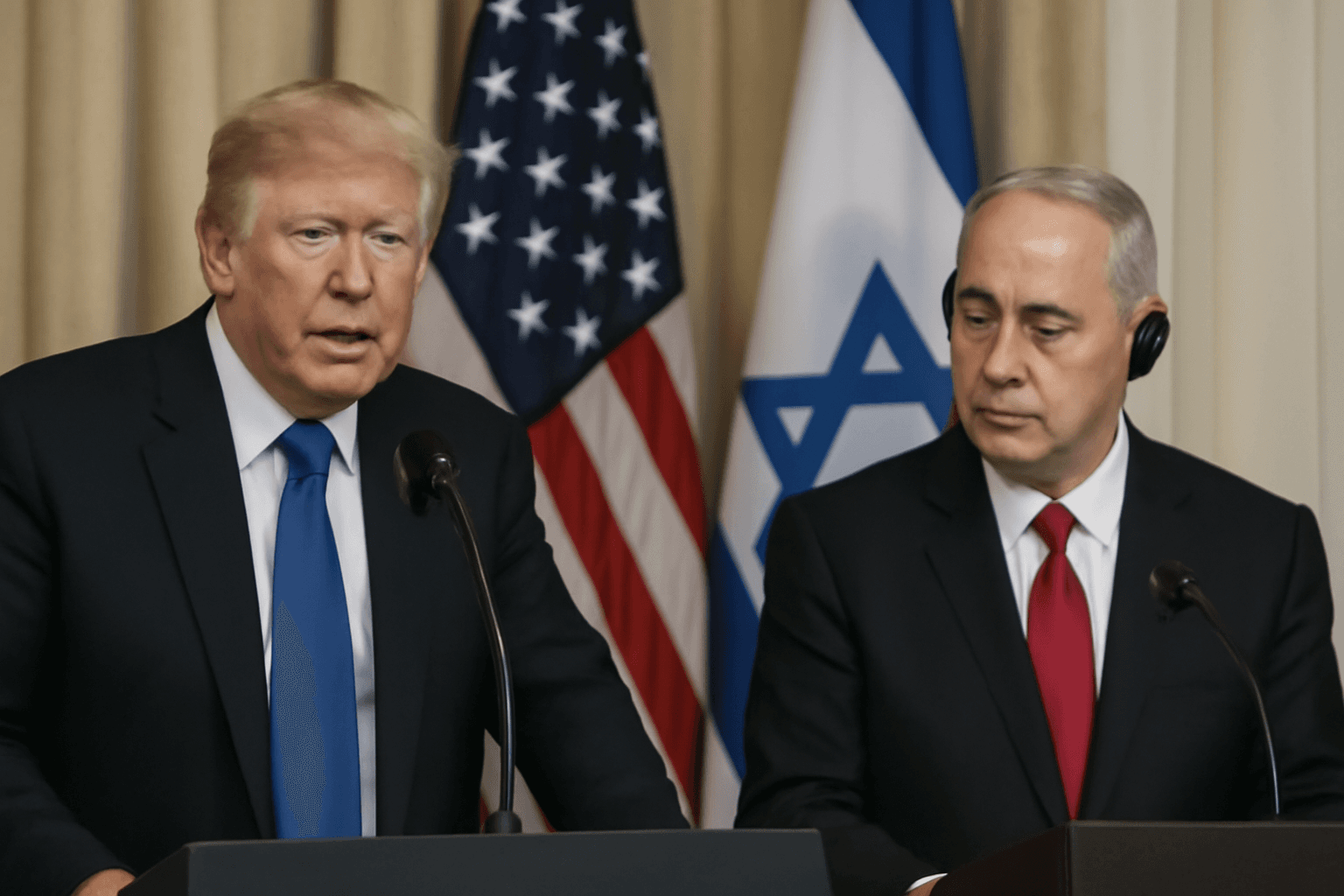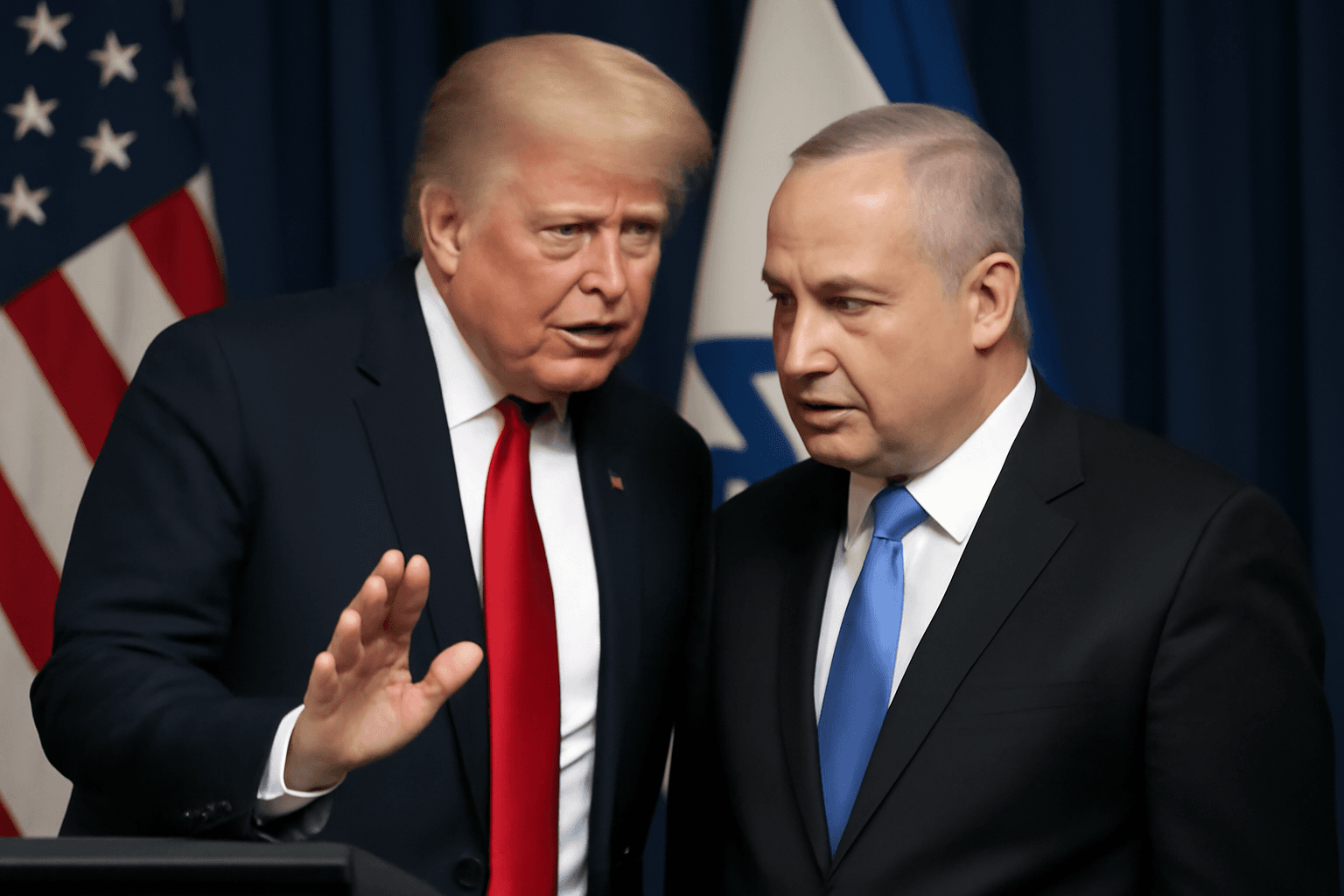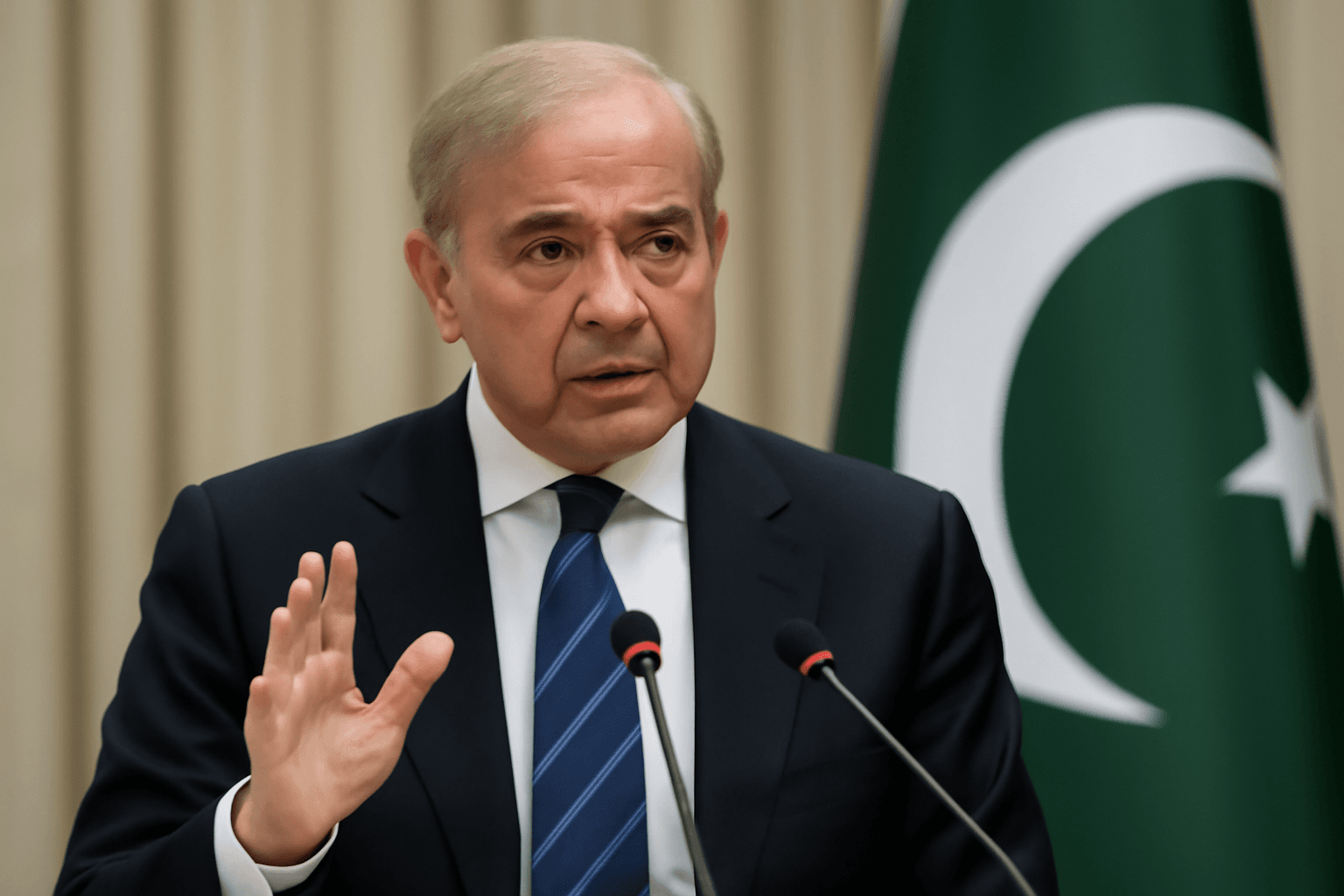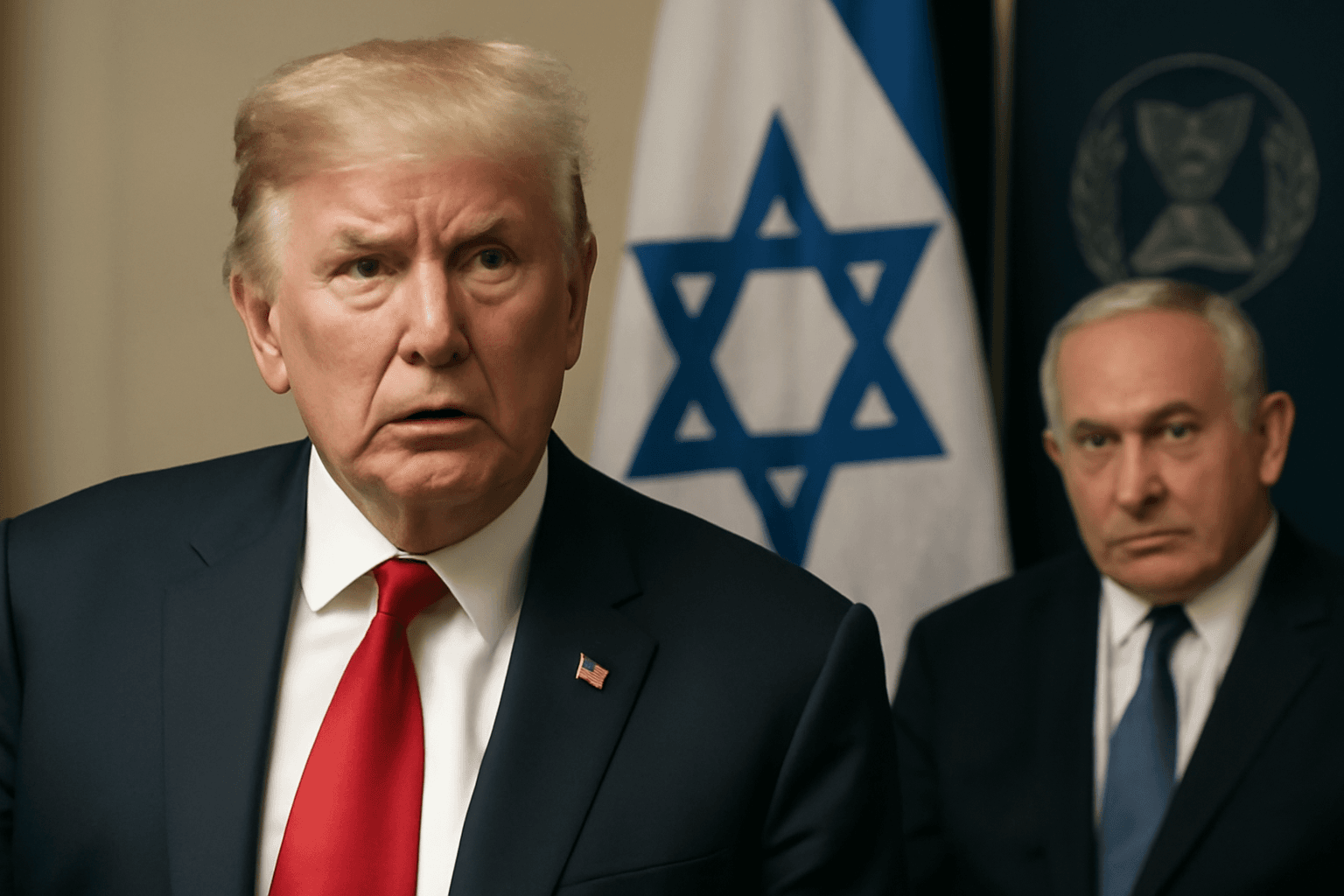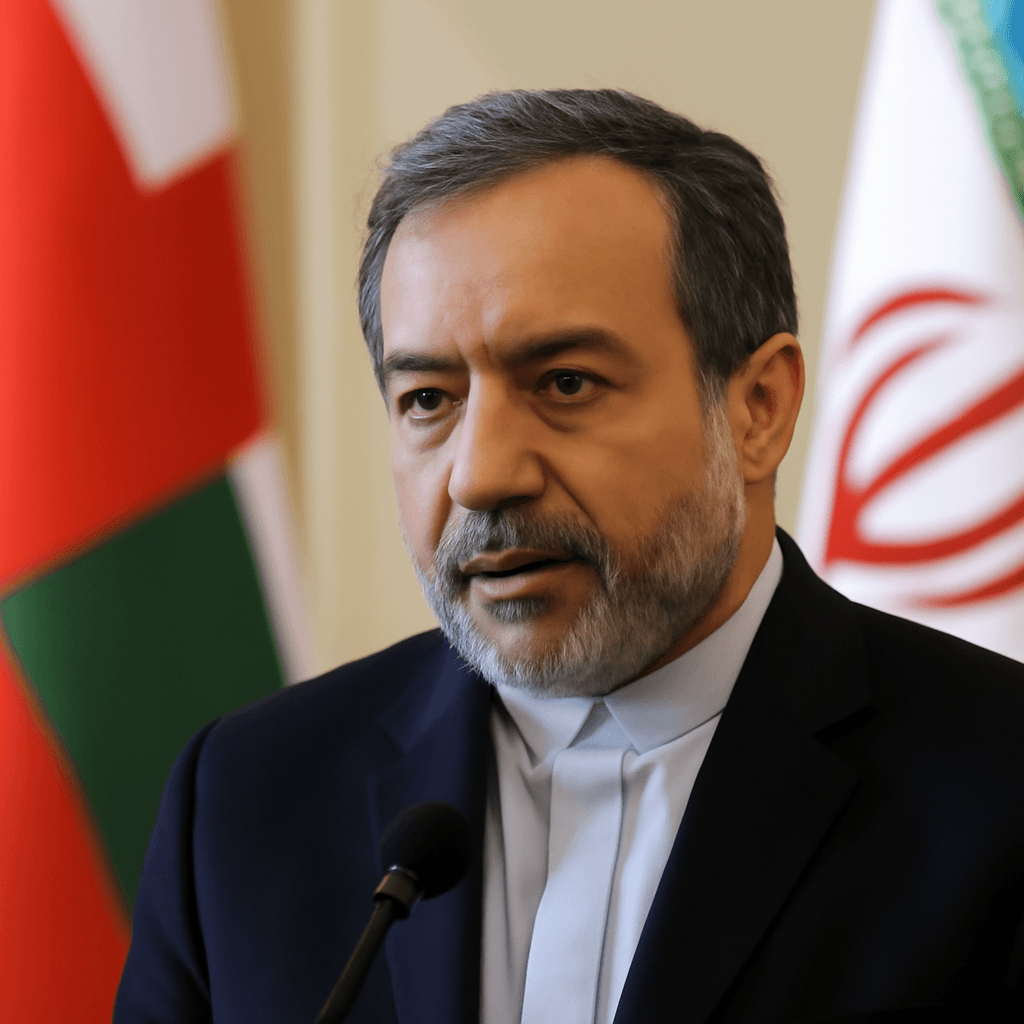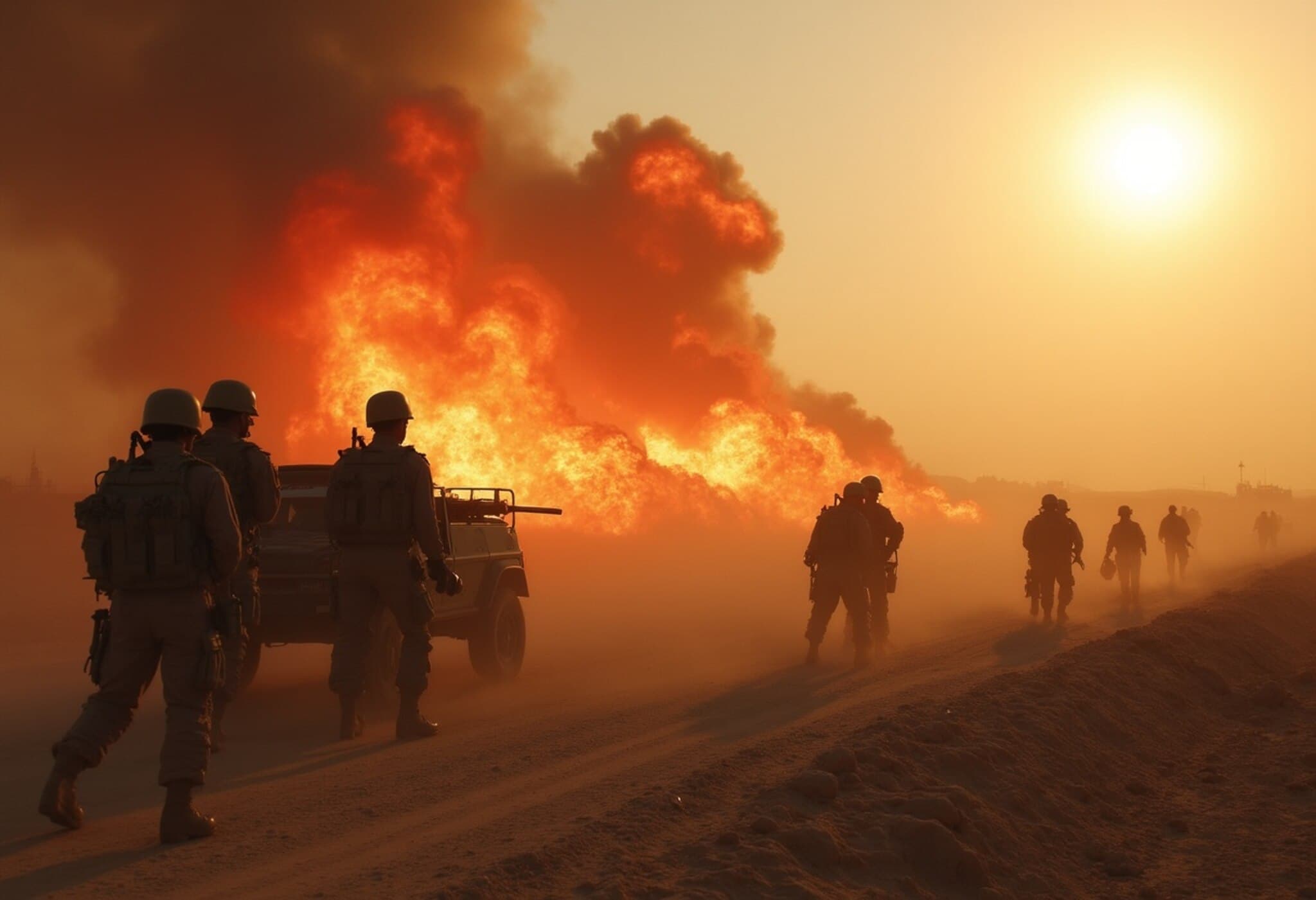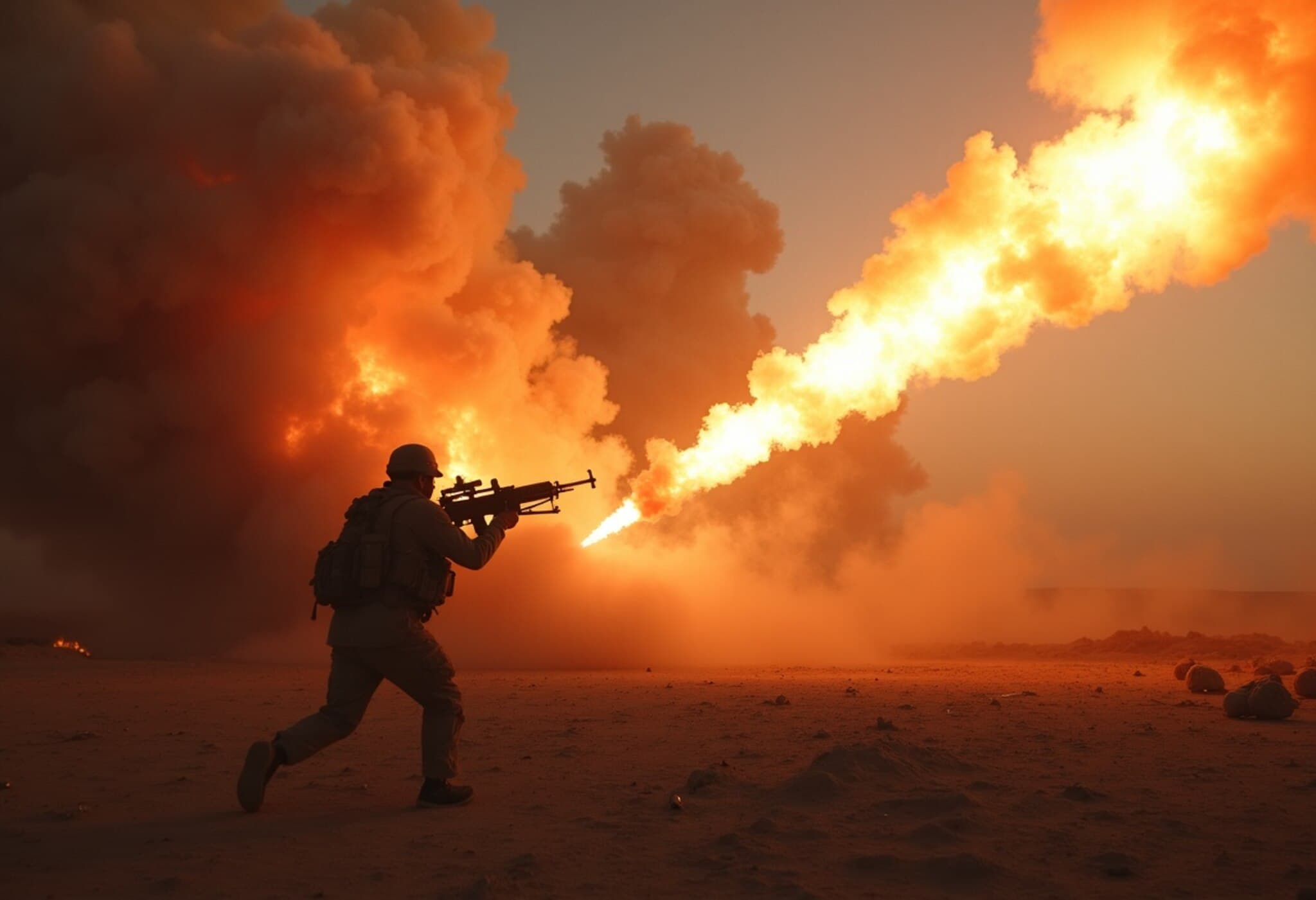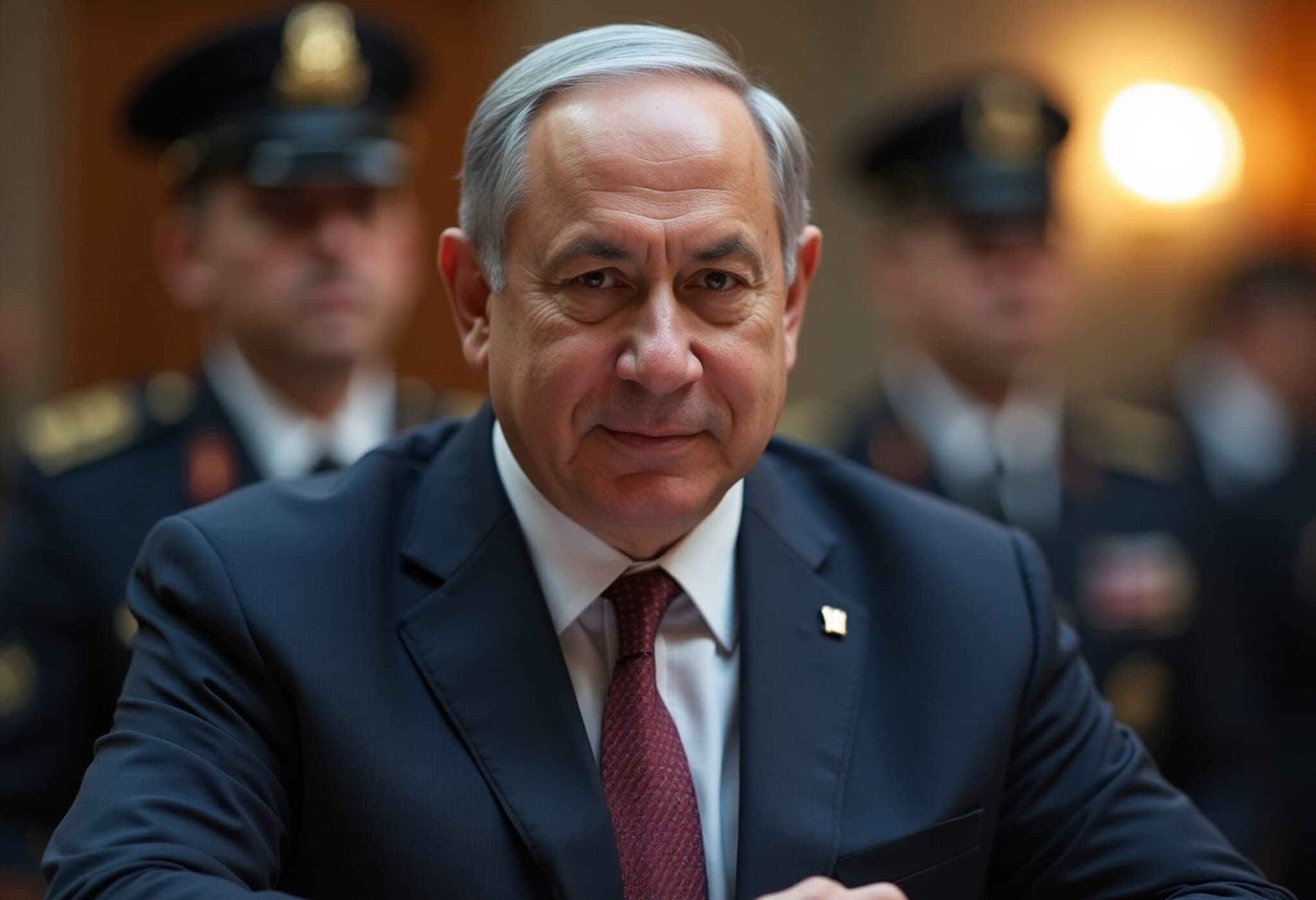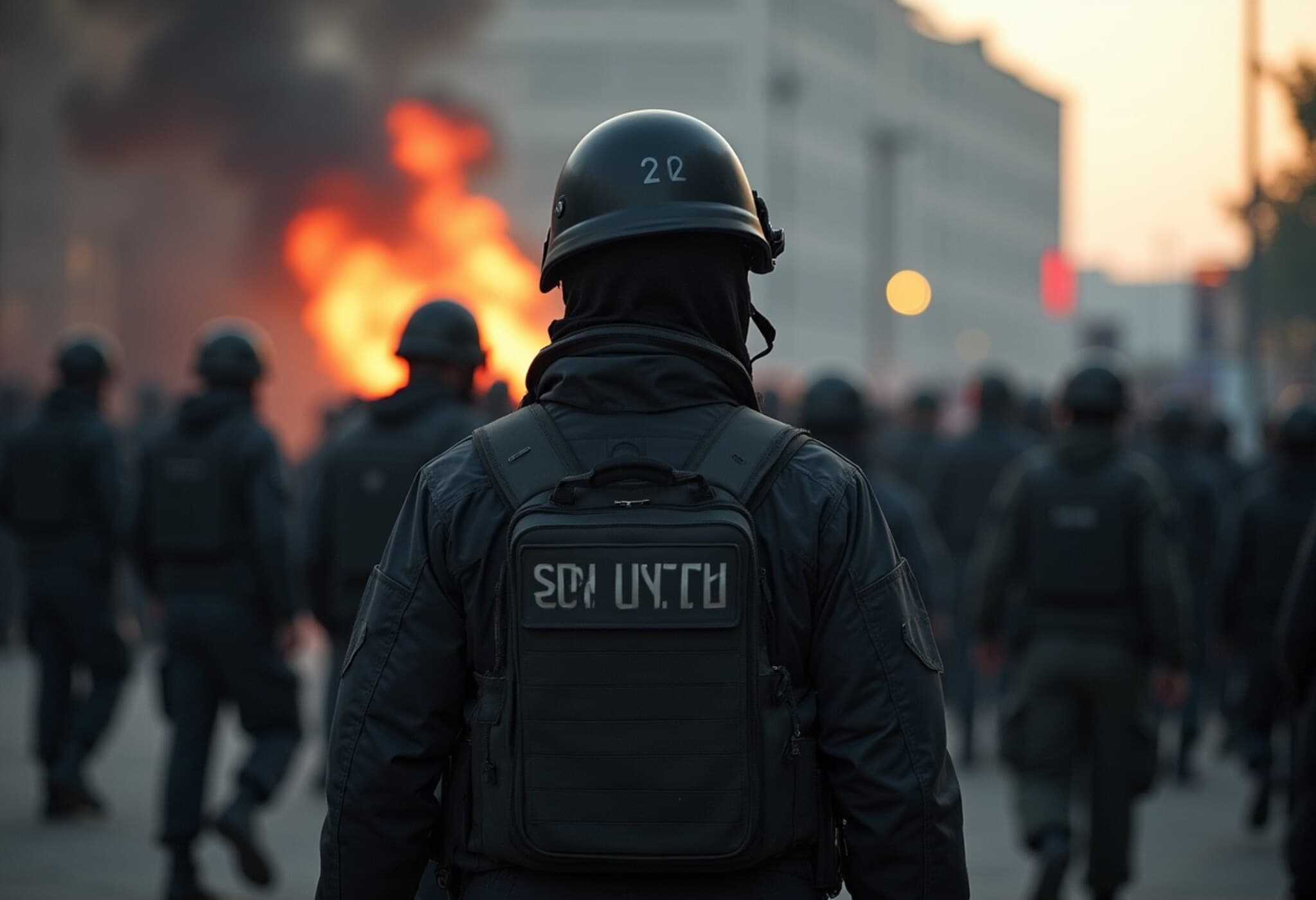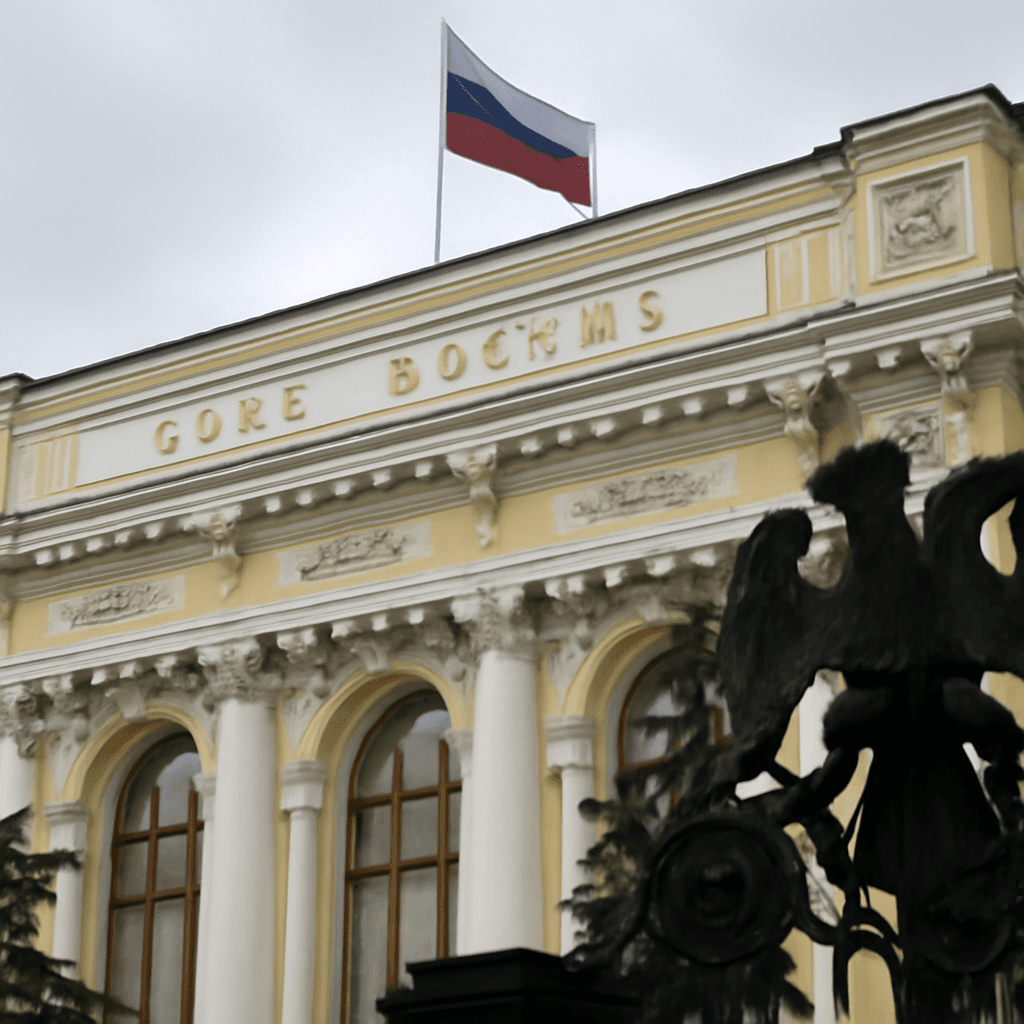China’s Missile Fuel Shipments Raise Concerns Amid Iran Nuclear Talks
As diplomatic efforts are underway to address Iran's nuclear program, reports indicate that Iran is acquiring substantial quantities of missile fuel from China. This missile propellant could potentially power up to 800 ballistic missiles, prompting concerns over regional security and arms proliferation.
Massive Procurement of Ammonium Perchlorate
According to investigative findings, Iran has placed an order for thousands of tons of ammonium perchlorate, a key chemical component used in solid-fuel ballistic missiles. The procurement originates from a Chinese entity located in Hong Kong. This shipment marks the second such transaction reported within this year.
Experts estimate that the amount purchased is sufficient to produce a significant arsenal of ballistic weapons, possibly enhancing Iran’s missile capabilities substantially.
Timing Amid Delicate Nuclear Negotiations
This development arises as the United States and Iran engage in sensitive discussions over Iran's nuclear activities. While diplomatic dialogue continues, Iran has maintained its position of not halting uranium enrichment. Meanwhile, this large-scale missile fuel acquisition suggests an ongoing expansion of Iran’s missile program despite diplomatic overtures.
Implications for Regional Stability
Reports reveal that some of this missile fuel could be diverted to Yemen-based Houthi forces, who remain in conflict with Israel even after reaching a ceasefire with the U.S. This raises concerns about an escalation of proxy conflicts in the Middle East.
Last year, conflicting actions affected Iran’s missile infrastructure, including strikes on missile production facilities that severely diminished capabilities. Nevertheless, this new procurement effort points toward a strategic missile program resurgence.
U.S. Sanctions and International Responses
In response to similar activities, the United States imposed sanctions in April on several individuals and entities within Iran and China involved in the trade of missile fuel, particularly materials like sodium perchlorate, used to support Iran’s Islamic Revolutionary Guard Corps (IRGC).
The recent procurement likely predates current negotiations but underscores the challenges in curbing missile proliferation amid diplomatic efforts.
Summary
- China is supplying thousands of tons of missile fuel (ammonium perchlorate) to Iran.
- The fuel could power up to 800 ballistic missiles.
- This occurs amid U.S.-Iran nuclear talks and ongoing regional tensions.
- Some fuel may be diverted to Yemen’s Houthi forces.
- U.S. has sanctioned related individuals and entities for illicit missile fuel trade.
These developments highlight ongoing geopolitical complexities involving Iran’s missile capabilities and international efforts to address arms shipments that may jeopardize regional security.

